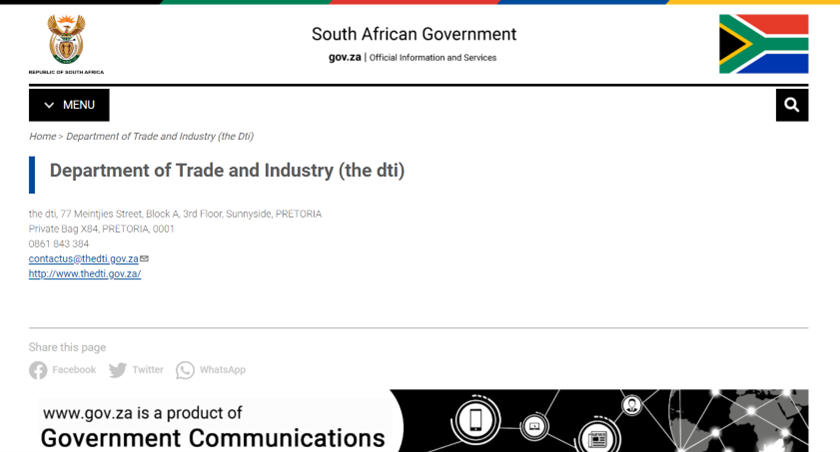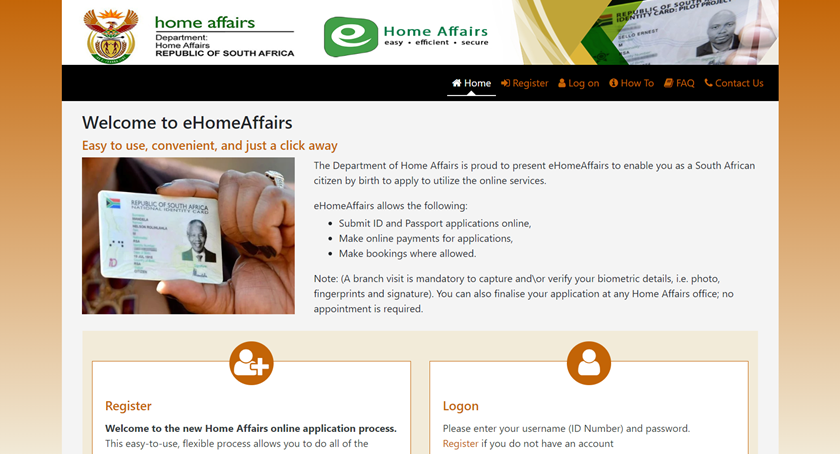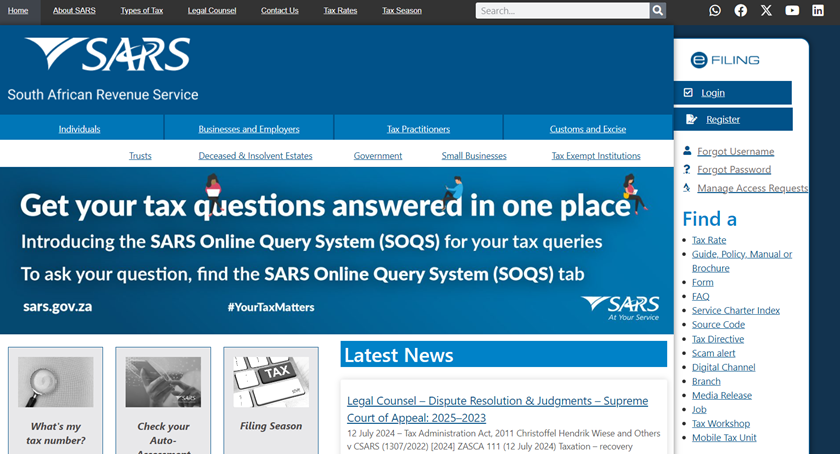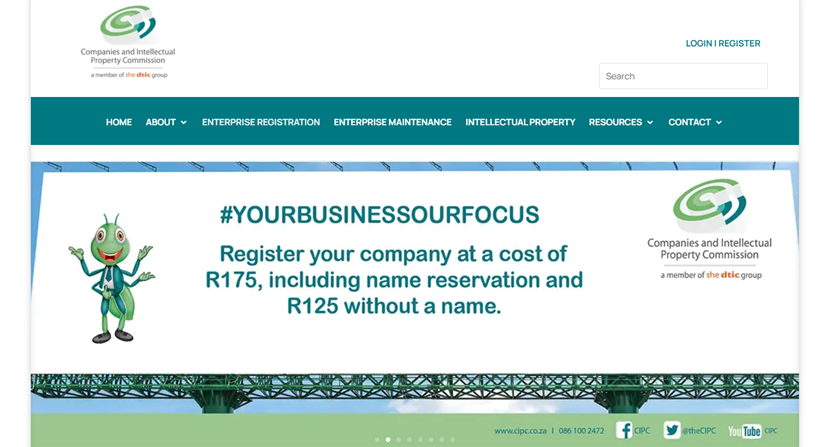Introduction
Starting a business in South Africa as a foreigner can be a rewarding venture, given the country’s dynamic market and strategic location. However, it involves navigating a series of legal and regulatory requirements that ensure your business is compliant and beneficial to the local economy.
This guide outlines the crucial steps, from assessing your visa eligibility to registering your company and securing the necessary approvals. By following these detailed instructions, you can successfully establish and grow your business in one of Africa’s most vibrant economies.
To Start a Business in South Africa as a Foreigner:
1. Conduct an Immigration Assessment
To start a business in South Africa as a foreigner, conduct an immigration assessment.
Conducting an immigration assessment is the first crucial step in starting a business in South Africa as a foreigner. Begin by evaluating your eligibility for a business visa, which requires meeting specific criteria outlined in the South African Immigration Act, such as a minimum investment of R5 million and a commitment to employing South African citizens.
Consulting with immigration experts is highly recommended, as they can provide tailored advice and ensure that your application aligns with all legal requirements. These consultants will guide you through the complex paperwork and procedures, increasing your chances of a successful visa application.
2. Understand Business Visa Requirements
To establish a business in South Africa as a foreigner, understand business visa requirements.
Understanding business visa requirements is essential for successfully starting a business in South Africa as a foreigner. Firstly, you must be able to invest at least R5 million into your business, demonstrating substantial personal financial commitment. Additionally, your business should plan to employ at least 60% South African citizens or permanent residents, which aligns with the country’s goals to reduce unemployment.
Crafting a comprehensive business plan is critical, as it will be scrutinized by the Department of Trade and Industry (DTI) and the Department of Home Affairs (DHA) to assess the viability and potential impact of your business.

When selecting a company structure, you can choose a private company, which requires a minimum of one shareholder and one director, or a public company, which needs at least one shareholder and three directors.
Lastly, ensure that your business operates within sectors deemed in the national interest, such as Agro-processing, IT, or Tourism, to increase the likelihood of visa approval and support from local authorities.
3. Choose a Suitable Business Sector
To set up a business in South Africa as a foreigner, choose a suitable business sector.
Choosing a suitable business sector is pivotal when starting a business in South Africa as a foreigner. Focus on industries preferred by the South African government, such as Agro-processing, IT, Manufacturing, Tourism, and the Green Economy, as these sectors are prioritized for their potential to contribute positively to the economy and create jobs. Operating in these preferred sectors not only aligns your business with national development goals but also enhances your chances of receiving a positive recommendation from the Department of Trade and Industry (DTI).
Conversely, avoid restricted sectors like second-hand car imports, exotic entertainment, and security services, as these industries are explicitly discouraged by the Department of Home Affairs and will not qualify for a business visa. By selecting a business sector that supports South Africa’s economic and social objectives, you increase the likelihood of your business being approved and thriving in the local market. This strategic alignment can also provide additional support and incentives from government programs designed to bolster these key industries.
4. Develop a Business Plan
To form a business in South Africa as a foreigner, develop a business plan.
Developing a comprehensive business plan is a critical step in securing a business visa in South Africa. Your plan should clearly outline your business strategy, including market analysis, financial projections, and operational plans, tailored to meet the specific requirements of the Department of Trade and Industry (DTI) and the Department of Home Affairs (DHA).

It’s crucial to demonstrate the viability and sustainability of your business, as well as its potential to create jobs for South Africans and contribute to the local economy. Given the importance of this document, consider hiring a professional business plan writer who has experience with South African visa applications. These experts can ensure that your business plan is detailed, convincing, and compliant with all relevant regulations, thereby increasing your chances of approval.
5. Apply to the Department of Trade and Industry(DTI)
To launch a business in South Africa as a foreigner, apply to the Department of Trade and Industry(DTI).
Applying to the Department of Trade and Industry (DTI) is a crucial step in the process of obtaining a business visa in South Africa. You’ll need to submit essential documents including your comprehensive business plan and CV, which will be evaluated to determine the feasibility and alignment of your business with national interests. It’s essential to demonstrate your capability by showcasing relevant skills, experience, and knowledge that qualify you to successfully operate the proposed business.
Highlighting the potential employment impact is also critical, emphasizing how your business will contribute to job creation for South Africans, which is a significant consideration for the DTI. If you’re unable to meet the R5 million investment requirement, you can apply for a waiver, although this process is not guaranteed and can be lengthy, requiring additional justification and documentation to support your request.
6. Register Your Company
To initiate a business in South Africa as a foreigner, register your company.
Registering your company with the Companies and Intellectual Property Commission (CIPC) is a legal requirement for operating a business in South Africa. This registration process establishes your business as a legal entity and provides you with a unique registration number. In addition to CIPC registration, you must complete other necessary registrations such as income tax registration with the South African Revenue Service (SARS), registration with the Unemployment Insurance Fund (UIF), and registration with the Compensation Fund for Occupational Injuries and Diseases (COIDA).

These registrations ensure compliance with South African labor and tax laws and provide essential coverage and benefits for your employees. Depending on your industry, you may also need to register with relevant professional bodies or councils to operate legally and ethically in your chosen sector.
7. Submit Your Visa Application
To start up a business in South Africa as a foreigner, submit your visa application.
Submitting your visa application is a critical step towards establishing your business presence in South Africa as a foreigner. Begin by compiling all required documents, which typically include your valid passport, a comprehensive business plan, financial statements, medical and radiological reports, police clearance certificates from all countries where you’ve lived for more than 12 months since the age of 18, and the positive recommendation from the Department of Trade and Industry (DTI).
These documents substantiate your eligibility and the viability of your business venture. Submit your application through the South African Embassy or Consulate in your home country or country of permanent residence. It’s essential to follow the embassy’s specific instructions regarding application procedures, fees, and timelines to ensure a smooth processing of your visa application.
8. Await Visa Outcome
To establish a business in South Africa as a foreigner, await visa outcome.
After submitting your visa application, it’s crucial to monitor its status regularly through the tracking systems provided by the South African Embassy or Consulate where you applied. This allows you to stay informed about any updates or additional requirements from the Department of Home Affairs (DHA). Once you receive a positive outcome and obtain your business visa, you’ll need to prepare for further obligations.
This includes confirming your compliance with the employment quota (employing at least 60% South African citizens or permanent residents) and demonstrating your financial investment into the business as outlined in your initial application. These confirmations typically need to be completed within specific timeframes after receiving your visa, ensuring ongoing compliance with South African immigration regulations and maintaining your visa status.
9. Post-Visa Steps
To begin a business in South Africa as a foreigner, post-visa steps.
After obtaining your business visa and arriving in South Africa, the next step is to set up and commence operations for your business. This includes securing office space, hiring local staff, and initiating business activities as per your approved business plan. It’s essential to adhere to the temporary residence requirements stipulated by the Department of Home Affairs (DHA), such as confirming employment of South African citizens or permanent residents within the first year, and demonstrating the investment of at least R5 million (or the approved amount) into your business within two years.
These steps are crucial for maintaining compliance with your visa conditions and ensuring ongoing eligibility for temporary residence in South Africa. After six months of successfully operating your business on a temporary visa, you can consider applying for permanent residence, which provides more stability and broader opportunities for business expansion in South Africa.
10. Alternative: Financially Independent Visa
To set up a business in South Africa as a foreigner, alternative: financially independent visa.
The Financially Independent Visa offers an alternative pathway to permanent residence in South Africa for foreigners who can demonstrate a net worth of at least R12 million. This visa application process involves submitting comprehensive financial documentation to prove your financial standing and ability to support yourself without relying on employment in South Africa.
While the processing time for this visa is generally longer compared to other visa types, successful applicants gain the freedom to establish multiple businesses in South Africa without the stringent employment and investment confirmation requirements of other visas. This flexibility makes the Financially Independent Visa an attractive option for high-net-worth individuals seeking permanent residency and business opportunities in South Africa.
Recap
To start a business in South Africa as a foreigner, begin by conducting an immigration assessment to determine eligibility for a business visa. Ensure you can invest at least R5 million into the business and plan to employ 60% South African citizens or permanent residents.

Develop a comprehensive business plan, register your company with the CIPC, submit a visa application through the South African Embassy, and comply with post-visa requirements such as confirming employment and financial investments to maintain and potentially upgrade your visa status.


















